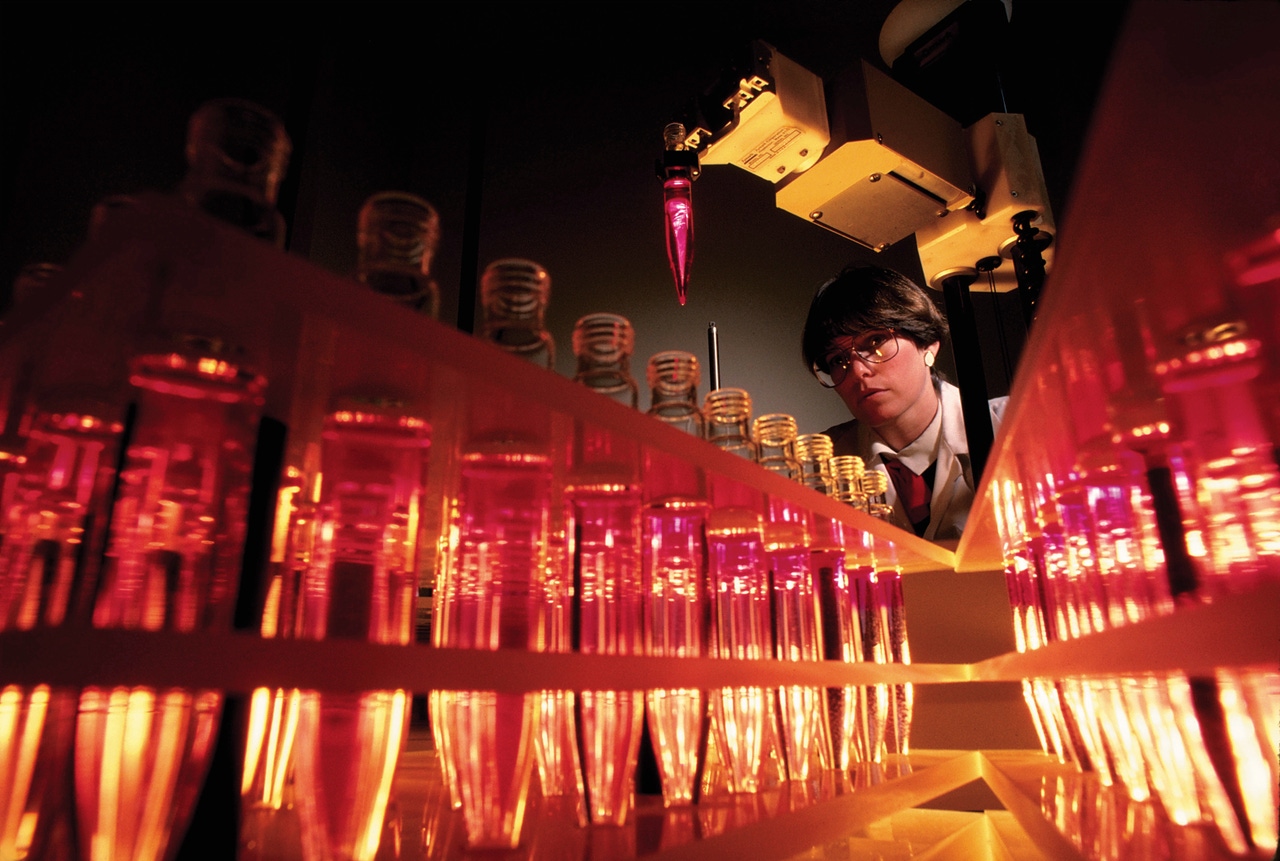
Connects decision-makers and solutions creators to what's next in quantum computing
Aging, Disease Insights Seen Aided by Quantum Computing
Physics-guided AI approach could help understand the body’s most complex systems

Quantum computing could offer new insight into biological processes in living organisms, offering new insight into aging and disease, according to new research by AI-driven drug discovery company Insilico Medicine.
The study shows how combining methods from AI, quantum computing and the physics of complex systems could help researchers understand human health in new ways.
It adds what Insilico calls physics-guided AI to a study into the potential advantages of quantum generative adversarial networks in generative chemistry, which the company published last year. Insilico conducted the study in partnership with the University of Toronto’s Acceleration Consortium and Foxconn Research Institute.
Researchers use AI to process large, complex datasets to find new disease pathways and connect aging and disease at the cellular level. However, AI running on classical computers is reaching the limits of its capability to study more complex interactions within the body.
This kind of understanding would need multimodal modeling methods that can manage the complexity of scale, the complexity of the algorithms and the increasing complexity of datasets. The report surmises that a combination of AI, quantum computing and the physics of complex systems could tackle this.
Together, these may help scientists understand how the collective interactions of smaller-scale elements within a cell, organism or even society generate the characteristics that scientists observe at larger scales.
“While we are not a quantum company, it is important to utilize capabilities to take advantage of the speed provided by the new hybrid computing solutions and hyperscalers,” said Insilico founder and co-CEO Alex Zhavoronkov.
“As this [quantum] computing goes mainstream, it may be possible to perform very complex biological simulations and discover personalized interventions with desired properties for a broad range of diseases and age-associated processes.”
This physics-guided AI approach could better understand human biology and could power the emerging field of neural network models.
About the Author
You May Also Like
.png?width=100&auto=webp&quality=80&disable=upscale)
.png?width=400&auto=webp&quality=80&disable=upscale)




